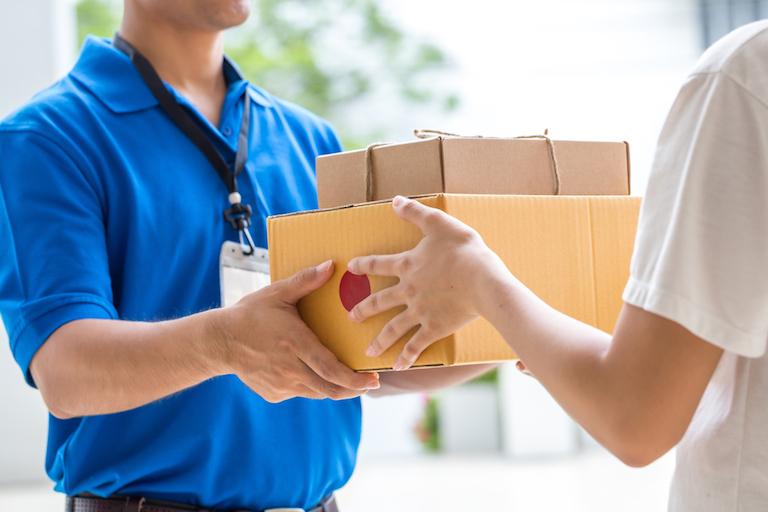Every day, new technological advancements are pushing our world forward, increasing our productivity and efficiency but also giving us more possibilities to push the boundaries even further. This is especially true when it comes to the modern privilege that is on-demand delivery and, for that matter, the entire logistics industry. Companies such as Amazon are allowing us to order something from the internet and have it delivered to our doorstep in a matter of hours and new tech is allowing companies to increase the efficiency of their logistics to never before seen levels and not only make their products and services quicker and more widely available to their customers but it’s also allowing them to save money and make their businesses more profitable. With that in mind, today we are going to take a look at three ways tech makes an impact on logistics and on-demand delivery in the modern world.
Increase in productivity and transparency
The use of technologies such as GPS vehicle tracking software is allowing companies to get a huge boost to their productivity and efficiency by allowing them to outfit each of their vehicles with a tracking system which will make sure that all of their drivers are taking the best possible routes and aren’t slacking on the job. On top of this, the improved route optimisation is also giving them the ability to save money on fuel and vehicle maintenance, while at the same time also improving safety as the drivers won’t drive recklessly when they know they are being tracked. With that being said, technologies such as these also have a positive aspect for the consumers. Namely, they can allow a customer to track their product through real-time GPS tracking, giving them the opportunity to know exactly when it will arrive instead of leaving them in the dark with just an estimated date.
Automation and optimization
Another modern technology has recently also started to make its impact on the world of logistics and on-demand delivery and that is artificial intelligence. There are few industries where AI has the possibility to make as big of an impact as in that of logistics. The interconnectivity of the different parts of a supply chain can allow companies to implement AI and benefit from it every step of the way. Its capacity to harness big amounts of data can give business owners and managers deeper insight into the inner workings of their supply chains and provide an adequate framework from which AI itself can be used to automate and optimize certain processes. For example, AI can allow businesses to increase the efficiency with which they store and transport items but it can also eliminate human error that is often associated with many mundane tasks that occur along a supply chain.
New ways of satisfying customers’ needs
As if having the ability to order something from a magic box and have it materialise in front of your door in a few days wasn’t enough, people want more, and it has become increasingly hard to satisfy all of their needs and desires. Luckily, there have been many breakthroughs in technology that are allowing companies to stay ahead and give their customers just what they need. Most recently, this has been seen in the increasing utilization of drones and other similar technologies for on-demand delivery of goods. However, these aren’t just regular man-operated drones, companies have started to implement automated self-driving delivery drones and even digital trucks into their fleets which give them the ability to reach new and old customers at an ever-increasing pace.
Technological advancements are at the very core of human progress and our quest for satisfying our everyday needs and improving our lives. The increase in globalization and the booming presence e-commerce has had in the past couple of years have placed logistics and on-demand delivery at the very core of the modern world. Because of this, we are starting to see the rapid adoption of new technologies which are effectively transforming the way in which businesses handle both logistics and on-demand delivery, pushing them towards increased efficiency and placing the customer at the centre of it all.
![[Jcount.com]](https://www.jcount.com/wp-content/uploads/2014/08/jcount150X50.png)
![[Jcount.com]](https://www.jcount.com/wp-content/uploads/2014/08/jcountstartupslogo1.png)





